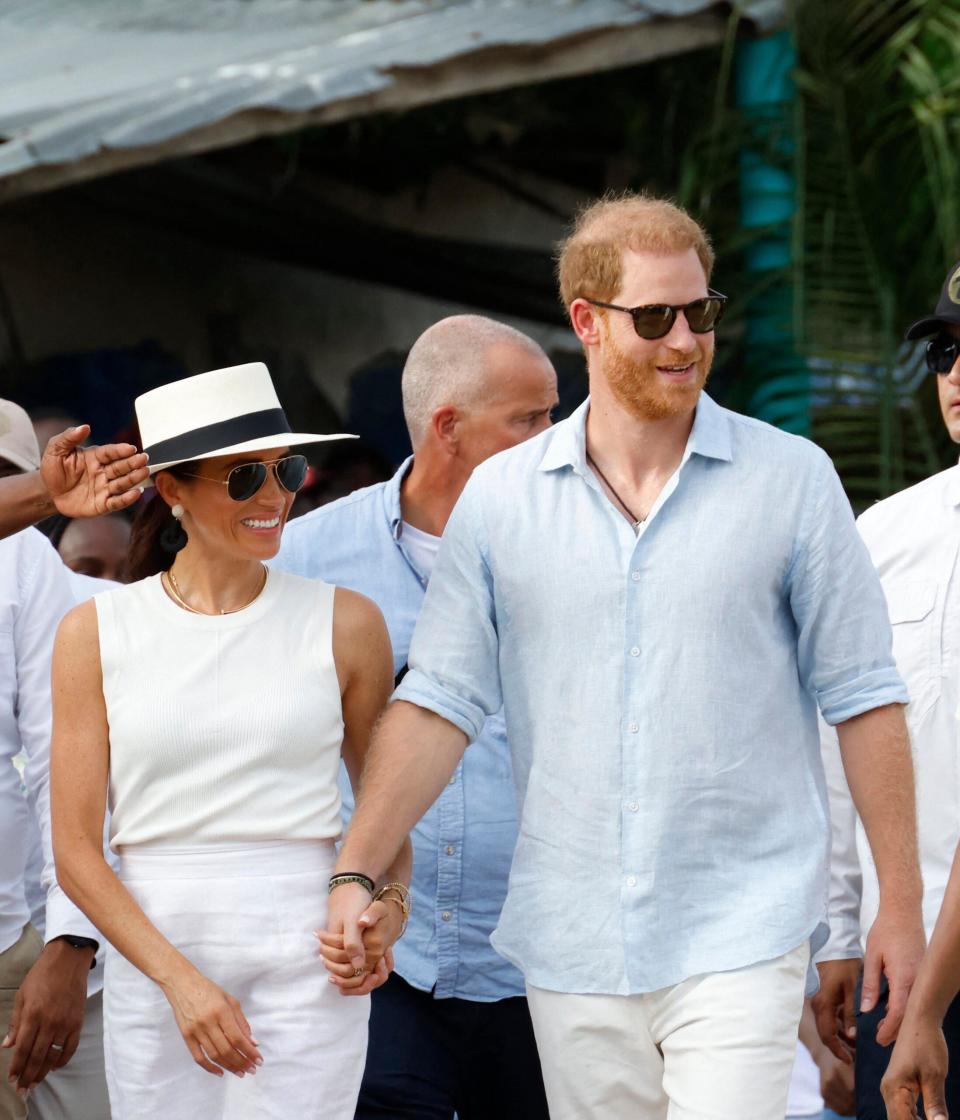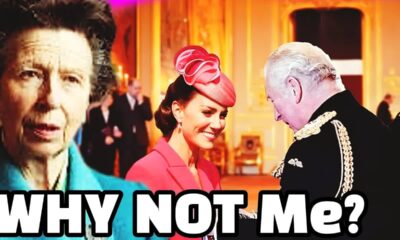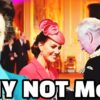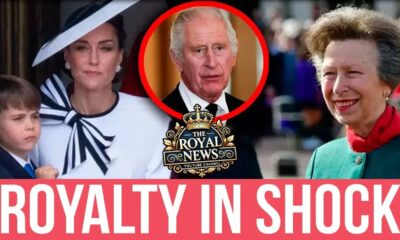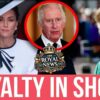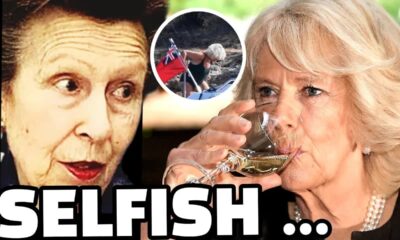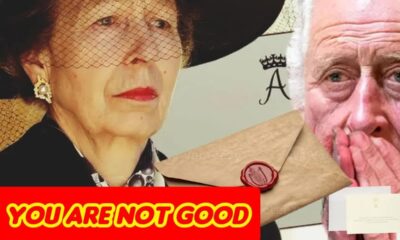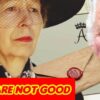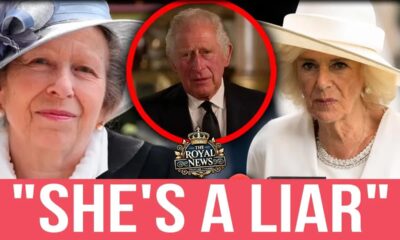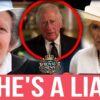Must Read
### A Royal Snub: Princess Anne’s Bold Exclusion of Prince Andrew
In a striking turn of events within the British royal family, Princess Anne has made headlines by omitting her brother, Prince Andrew, from an exclusive dinner at Windsor Castle.
This gathering, held for alumni of Gordonstoun School—a prestigious institution with deep royal ties—has sparked discussions about Andrew's diminishing status within the family.
As the dust settles on this latest royal drama, it becomes clear that the dynamics of the monarchy are shifting in significant ways.
Imagine a scenario where the once-favored son of the Queen finds himself excluded from an event celebrating his own alma mater.
That's precisely the situation Prince Andrew faced when he was not invited to the intimate dinner hosted by Princess Anne.
This event wasn't just any gathering; it was a nod to a legacy shared by many royals, including King Charles and Prince Edward.
Yet, Andrew, who resides just a stone's throw away at Royal Lodge, was left out in the cold.
What does this say about his current standing in the royal hierarchy?
Princess Anne, known for her straightforward approach, is unlikely to have overlooked her brother's absence by accident.
Her decision to exclude him speaks volumes about the royal family's collective sentiment towards Andrew.
Once considered the Queen's favorite, he now seems to be a pariah among his own kin.
The irony is palpable: a man once celebrated within the royal fold now struggles for acknowledgment even at events tied to his own educational history.
The situation becomes even more intriguing when you consider that Anne's children, Zara Tindall and Peter Phillips, are also Gordonstoun alumni.
This wasn't just a casual dinner; it was a familial celebration that Andrew was pointedly absent from.
His exclusion is not merely a snub—it's a statement about how far he has fallen in the eyes of his family.
Adding insult to injury, a friend of Andrew lamented that he would have loved to attend if only he had received an invitation.
This sentiment echoes like a sad refrain, reminiscent of a relative trying to guilt the family over being left out of holiday festivities.
Ironically, Andrew himself opted out of the Sandringham Christmas celebrations this year, reportedly due to revelations about his connections with an alleged Chinese spy.
Could this be the last nail in the coffin for his royal reputation?
Observing the royal family's subtle handling of Andrew's absence is telling.
Rather than making a public spectacle of the exclusion, they've chosen to move forward without him—a silent but powerful message.
It's reminiscent of how families often deal with problematic members: instead of confrontation, they simply stop including them in gatherings.
This quiet distancing speaks volumes about the changing tides within the monarchy.
Reflecting on the past, one can't help but feel a tinge of sadness when looking at old photographs of Andrew as a young prince, full of promise.
Now, he finds himself isolated and uninvited, a stark contrast to the vibrant future that once lay ahead of him.
Princess Anne's choice to maintain the dignity of both her brother and the institution she represents illustrates her commitment to the monarchy's values.
Under King Charles' leadership, the royal family appears to be adopting a more pragmatic approach.
There's a clear shift towards prioritizing the institution's integrity over familial ties.
The days of protecting errant family members seem to be fading, replaced by a more stringent set of expectations.
Anyone wishing to remain part of this new royal narrative must align with its values—or risk exclusion.
The timing of these events is particularly noteworthy.
With King Charles grappling with health issues and Catherine recovering from surgery, the royal family must present a united front.
In this context, distancing themselves from Andrew appears to be a strategic move to safeguard their public image.
The absence of support for Andrew from the rest of the family is also striking; it highlights how alienated he has become.
As we ponder the implications of Andrew's situation, it's essential to recognize what this means for the younger generation of royals.
Princess Anne is exemplifying how to navigate family complexities with poise and decisiveness.
Her actions serve as a lesson in maintaining dignity while addressing difficult family matters—no drama, just clear-cut decisions that resonate with the public.
This unfolding saga not only reflects the internal dynamics of the royal family but also mirrors broader societal changes.
The era of blind loyalty based on title alone has passed.
Today, respect must be earned through actions and character.
Andrew's downfall serves as a cautionary tale about the consequences of one's choices, regardless of royal lineage.
Looking ahead, one must wonder what the future holds for Prince Andrew.
Will he ever be able to rehabilitate his image, or has he reached a point of no return?
The royal family's current trajectory suggests that maintaining the monarchy's dignity takes precedence over individual relationships.
The stark contrast between Andrew's situation and the active roles of working royals like Princess Anne illustrates a fundamental shift in royal expectations.
As the royal family navigates these treacherous waters, it's clear that the landscape is evolving.
The firm's willingness to make tough decisions about membership within their ranks signals a new era of accountability.
For Andrew, the reality is harsh: being the uninvited uncle at a family gathering is perhaps the ultimate sign of his estrangement.
The question remains—can he find a way back, or is this the new normal for him?
